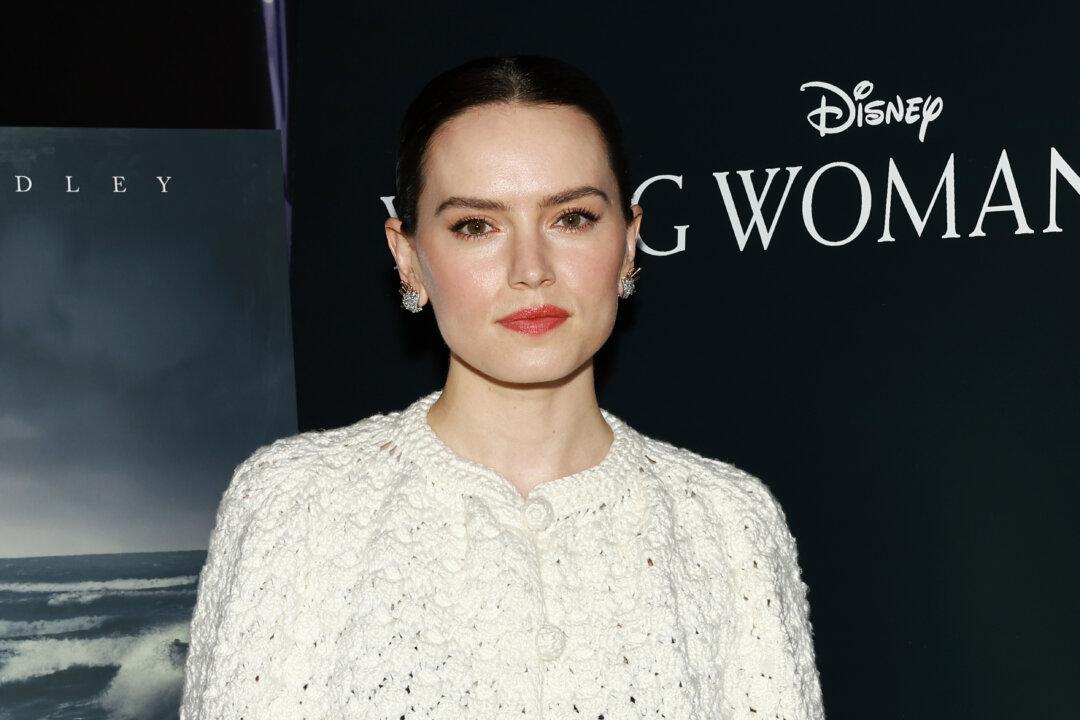Daisy Ridley, a British actress known for her work on the “Star Wars” sequel trilogy, has revealed that she was diagnosed with Graves’ disease, an autoimmune disorder that affects the thyroid gland.
“I thought, ‘Well, I’ve just played a really stressful role; presumably that’s why I feel poorly,’” she recalled.
However, after consulting with an endocrinologist in September 2023, Ridley was informed that she had the autoimmune disease.
In addition to the symptoms Ridley experienced, other indicators of the disease may include changes in menstrual cycle, frequent bowel movements, discolored skin on the shins or tops of the feet, and irritability, among others.
“I didn’t realize how bad I felt before,” offered Ridley. “Then I looked back and thought, ‘How did I do that?’”
The actress told the publication that her diagnosis motivated her to be more mindful of her overall well-being.
“I do a fair amount of the holistic stuff,” Ridley noted, sharing that she has incorporated cryotherapy, massages, acupuncture, and infrared saunas into her wellness routine.
“But I also understand that it is a privilege to be able to do those things,” she added.
Ridley said she continues to work with her fitness trainer, focusing on workouts that align with her body’s needs, such as light lifting exercises as well as mobility and body-weight movements.
Health Battles
Ridley, who rose to fame in 2015 after landing the role of Rey in “Star Wars: The Force Awakens,” has been very open about her health struggles over the years.“From your head to the tips of your toes we only have one body,” she continued. “Let us all make sure ours [are] working in tip top condition, and take help if it’s needed.”
Ridley has also previously discussed how her busy work schedule during the production of the “Star Wars” sequel trilogy affected her health.
“I saw a picture of me at the London premiere and I was so skinny and my skin was terrible,” she said, sharing that she also developed holes in the wall of her gut, caused by stress.
“My body was just [expletive] up. I got tests done and it turned out my body was taking in no nutrients,” she shared. “I was just like a little skeleton and I was just so tired. I was becoming a ghost.”
During that time, Ridley also appeared in 2017’s “Murder on the Orient Express” and 2018’s “Ophelia.” However, she told the publication that she was able to take a six-month sabbatical before filming 2019’s “Star Wars: The Rise of Skywalker” so she could focus on her health.
“I just needed to be at home and chill,” she said in part.
“Just being in London, it was so nice. Not having to rush everything through,” Ridley continued. “It was lovely.”







